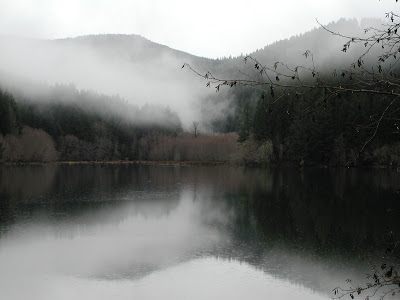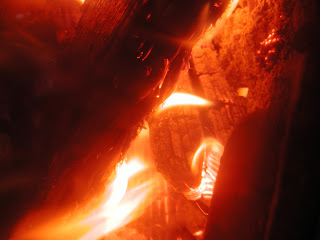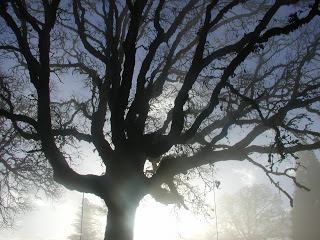On this first day of winter, I’ll welcome in the new season by sharing a few of my favorite passages from “A Winter Walk” by Henry David Thoreau:
The wind has gently murmured through the blinds, or puffed with feathery softness against the windows, and occasionally sighed like a summer zephyr lifting the leaves along, the livelong night. The meadow mouse has slept in his snug gallery in the sod, the owl has sat in a hollow tree in the depth of the swamp, the rabbit, the squirrel, and the fox have all been housed. The watch-dog has lain quiet on the hearth, and the cattle have stood silent in their stalls. The earth itself has slept, as it were its first, not its last sleep, save when some street-sign or wood-house door has faintly creaked upon its hinge, cheering forlorn nature at her midnight work,—the only sound awake ‘twixt Venus and Mars,—advertising us of a remote inward warmth, a divine cheer and fellowship, where gods are met together, but where it is very bleak for men to stand. But while the earth has slumbered, all the air has been alive with feathery flakes descending, as if some northern Ceres reigned, showering her silvery grain over all the fields.
Silently we unlatch the door, letting the drift fall in, and step abroad to face the cutting air. Already the stars have lost some of their sparkle, and a dull, leaden mist skirts the horizon. A lurid brazen light in the east proclaims the approach of day, while the western landscape is dim and spectral still, and clothed in a sombre Tartarean light, like the shadowy realms. They are Infernal sounds only that you hear,—the crowing of cocks, the barking of dogs, the chopping of wood, the lowing of kine, all seem to come from Pluto’s barnyard and beyond the Styx,—not for any melancholy they suggest, but their twilight bustle is too solemn and mysterious for earth. The recent tracks of the fox or otter, in the yard, remind us that each hour of the night is crowded with events, and the primeval nature is still working and making tracks in the snow. Opening the gate, we tread briskly along the lone country road, crunching the dry and crisped snow under our feet, or aroused by the sharp, clear creak of the wood-shed, just starting for the distant market, from the early farmer’s door, where it has lain the summer long, dreaming amid the chips and stubble; while far through the drifts and powdered windows we see the farmer’s early candle, like a paled star, emitting a lonely beam, as if some severe virtue were at its matins there. And one by one the smokes begin to ascend from the chimneys amid the trees and snows.
At length, having reached the edge of the woods, and shut out the gadding town, we enter within their covert as we go under the roof of a cottage, and cross its threshold, all ceiled and banked up with snow. They are glad and warm still, and as genial and cheery in winter as in summer. As we stand in the midst of the pines in the flickering and checkered light which straggles but little way into their maze, we wonder if the towns have ever heard their simple story. It seems to us that no traveler has ever explored them, and notwithstanding the wonders which science is elsewhere revealing every day, who would not like to hear their annals? Our humble villages in the plain are their contribution. We borrow from the forest the boards which shelter and the sticks which warm us. How important is their evergreen to the winter, that portion of the summer which does not fade, the permanent year, the unwithered grass! Thus simply, and with little expense of altitude, is the surface of the earth diversified. What would human life be without forests, those natural cities? From the tops of mountains they appear like smooth-shaven lawns, yet whither shall we walk but in this taller grass?



Leave a Reply